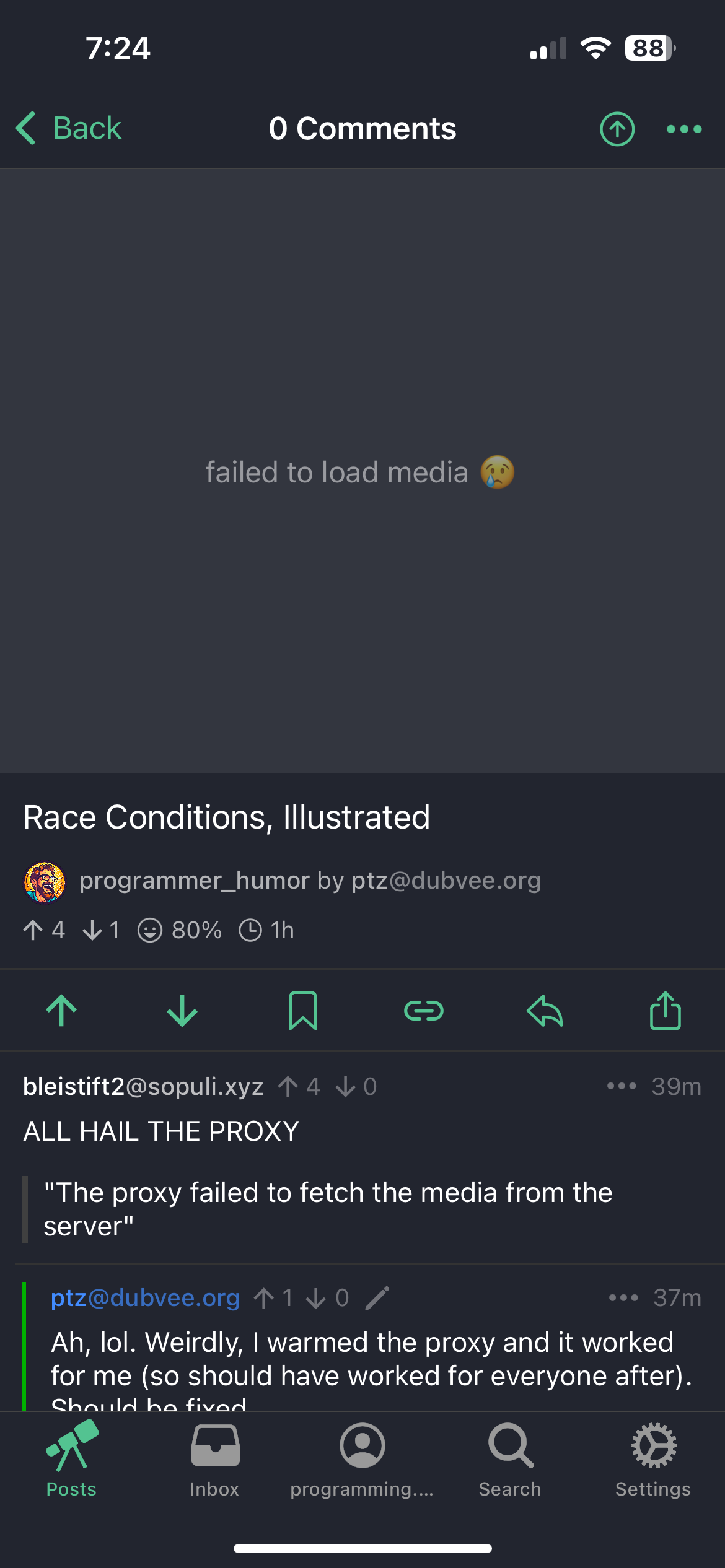

Honestly, I wouldn’t be surprised if the inclusion of some small AI feature is what justified the rest of this work being done. As in, someone got approval for tab groups only because they were smart enough to describe it as “AI powered tab groups“. Just speculation











That would be great. I frequently have to click the link and navigate to a home page for a meaningful description. Here’s the opening statement from Koto’s README on GitHub.
This is the first thing I need to read to understand if I should or should not care about the project and its new release.